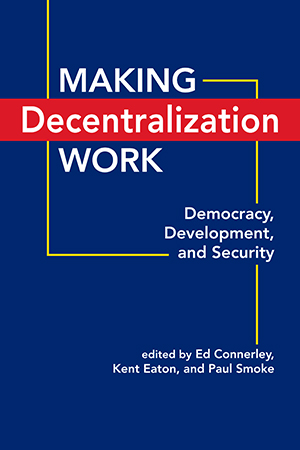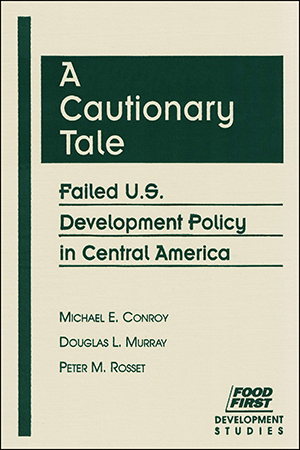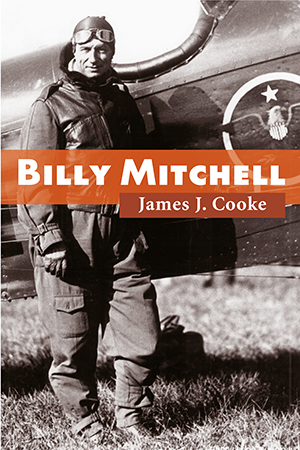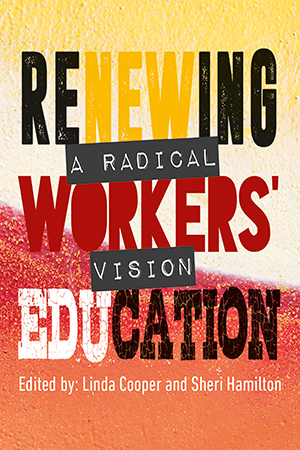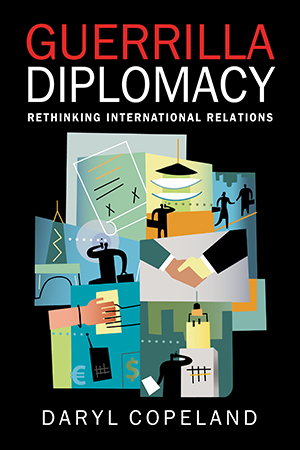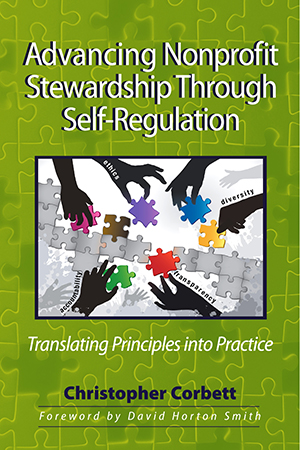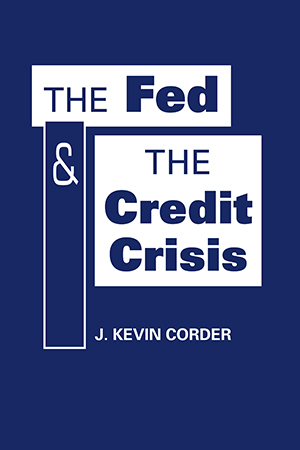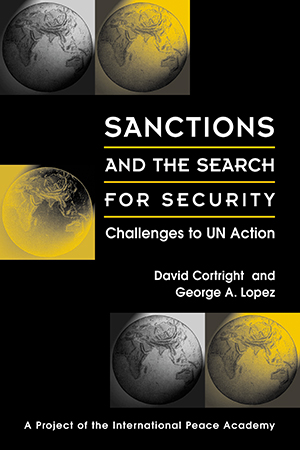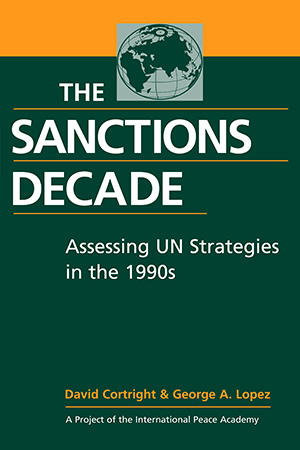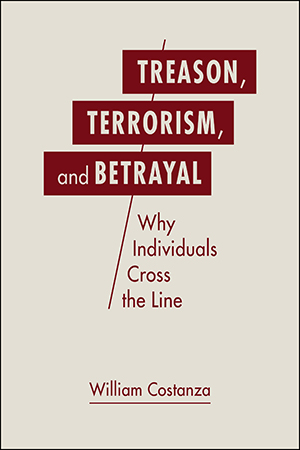BOOKS
It is increasingly difficult to find developing countries whose leaders have not debated or implemented some type of decentralization reform. But has decentralization worked? Does it More >
Neither structural adjustment policies, nor industrialization, nor traditional agricultural exports have led to sustained economic growth and social equity in Central America. Seeking to More >
This compelling chronicle of a controversial figure—a man who could be charming, fanatical, arrogant, and confrontational—places Billy Mitchell in the context of the great More >
Renewing Workers’ Education focuses on educational initiatives created by workers for workers across the employment spectrum. After documenting recent history and current practices More >
Daryl Copeland charts the course for a new kind of diplomacy, one in tune with the demands of today's interconnected, technology driven world. Eschewing platitudes and broadly More >
In 2004, Independent Sector, the major trade organization for US nonprofits, convened a panel to recommend actions to strengthen nonprofit governance and ethical standards. The panel's More >
What was the role of the Federal Reserve System in the 2008 financial crisis—as a cause of the crisis, as the most important government agency to respond, and as the center of federal More >
Following on the publication of The Sanctions Decade—lauded as the definitive history and accounting of United Nations sanctions in the 1990s—David Cortright and George Lopez More >
Choice Outstanding Academic Book! Since the end of the Cold War, economic sanctions have been a frequent instrument of United Nations authority, imposed by the Security Council against More >
Aldrich Ames. Timothy McVeigh. Kim Philby. Julius and Ethel Rosenberg. Edward Snowden. These are just a few of the people well known for willfully jeopardizing US national security. What More >



